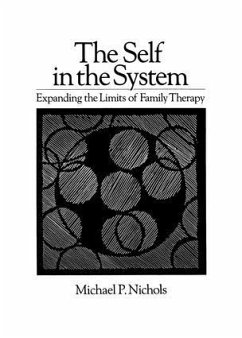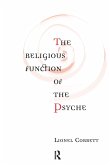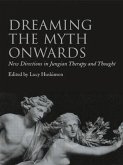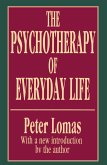First published in 1988. This thought-provoking volume offers a constructive critical analysis of family therapy for its neglect of the self in the system, and provides a therapeutic approach to clinical problems that takes into account both individual and family dynamics. The author shows that by elevating the metaphor of the system to dogma, family therapy has lost sight of much of the richness and complicating influence of personal feeling, motivation, and conflict, resulting in a proliferation of esoteric, abstract theories and highly mechanistic, technical interventions. The Self in the System describes a different reality that is often overlooked: no matter how much their behavior is coordinated within the system, family members remain separate individuals with private hopes and ambitions, motives and expectations, quirks and foibles, and potentials for creative work. This book provides a unique approach that develops a better understanding of family members' individual experiences, and helps in enhancing their personal responsibility and ability to solve their own interactional problems within the family system. The approach, however, is not just another version of psychoanalytic family therapy, but rather one that utilizes the best tools of family therapy and the most useful ideas from individual psychology and psychodynamic psychotherapy. Chapters cover such important topics as finding the family and losing the self; the problem of change; working with interaction; the effective use of empathy; making assessments that include both the whole family system and the psychology of its members; interactional psychodynamics; a practical guide to object relations theory; how to develop understanding; and working with resistance.
Hinweis: Dieser Artikel kann nur an eine deutsche Lieferadresse ausgeliefert werden.
Hinweis: Dieser Artikel kann nur an eine deutsche Lieferadresse ausgeliefert werden.







